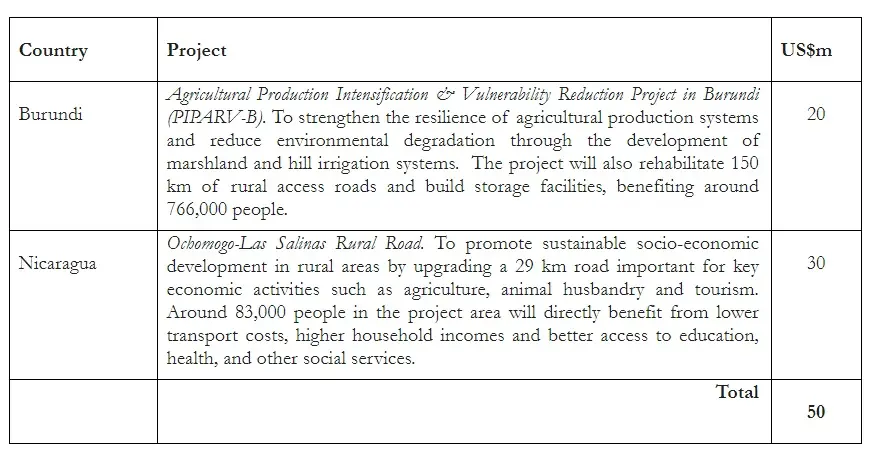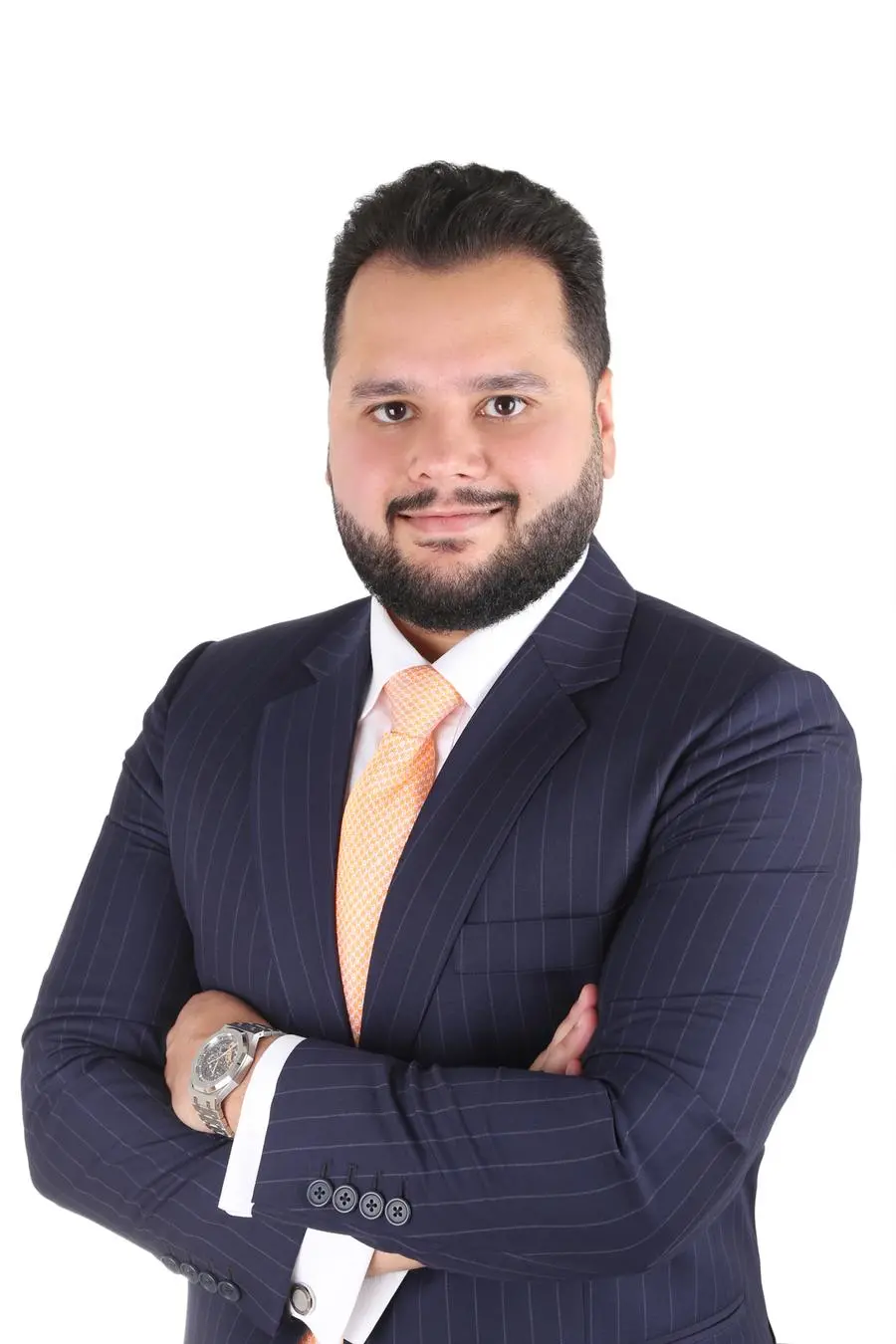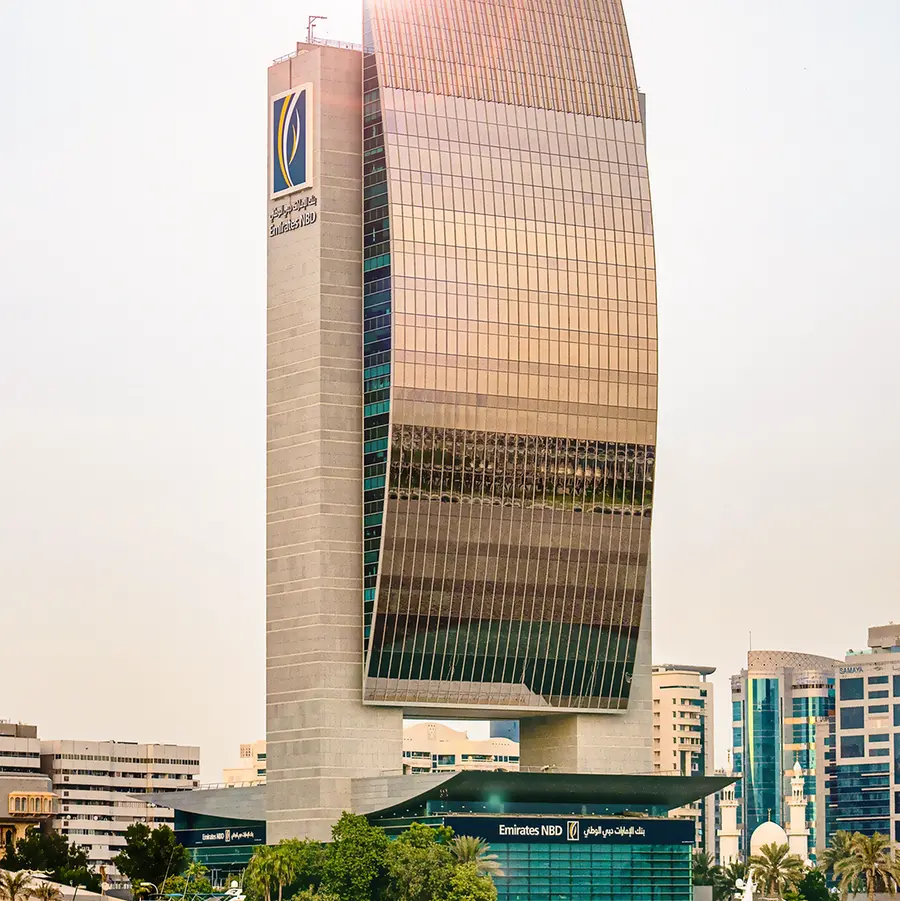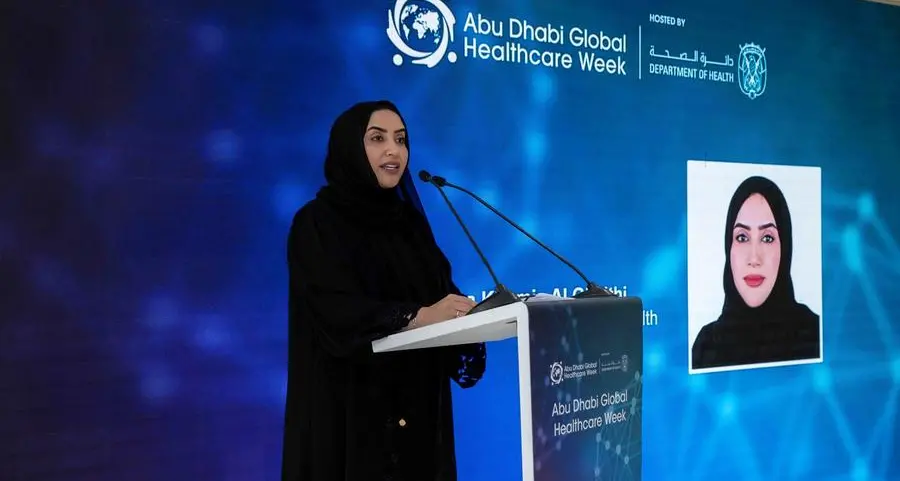Vienna, Austria: The OPEC Fund for International Development (the OPEC Fund) has approved US$100 million in new funding to support development operations in Burundi, Nicaragua and Ghana. The finance was approved at the 173rd Session of the organization’s Governing Board, held virtually.
The organization is continuing to help developing countries mitigate, contain and recover from the effects of the COVID-19 pandemic. In addition to the latest funding, in recent weeks the OPEC Fund has approved US$175 million in public sector lending to support COVID-19 response efforts in Bangladesh, Belarus, Belize, Benin, Dominica, El Salvador, Guyana and Rwanda. Under the organization’s Private Sector and Trade Finance Facility, US$60 million was also approved to support SMEs in Asia and Latin America and to strengthen agricultural supply in hard-hit African countries.
The Governing Board also endorsed a number of key recommendations that directly support the OPEC Fund’s Strategic Framework. The Framework focuses on enabling the organization to become more agile and responsive to the changing development landscape in order to maximize development impact.
“Despite the challenging external environment, the organization has made solid strategic progress,” said OPEC Fund Director-General Dr Abdulhamid Alkhalifa. “Ultimately, this means we are better able to support our partners with their urgent development priorities. We are pleased that our Governing Board has endorsed this progress and we are determined to continue to play our counter-cyclical role through the remainder of 2020 and beyond.”
The newly-approved public sector loans, amounting to US$50 million, will support the following projects:


Under the OPEC Fund’s trade finance operations, US$50 million was approved to support agricultural exports from Ghana.
-Ends-
About the OPEC Fund
The OPEC Fund is the development finance institution established by the Member States of OPEC in 1976 as a channel of aid to developing countries. The OPEC Fund works in cooperation with developing country partners and the international donor community to stimulate economic growth and alleviate poverty in all disadvantaged regions of the world. It does this by providing financing to build essential infrastructure, strengthen social services and promote productivity, competitiveness and trade. The OPEC Fund's work is people-centered, focusing on projects that meet basic needs – such as food, energy, infrastructure, employment (particularly relating to MSMEs), clean water and sanitation, healthcare and education. The OPEC Fund aims to encourage self-reliance and inspire hope for the future.
© Press Release 2020
Disclaimer: The contents of this press release was provided from an external third party provider. This website is not responsible for, and does not control, such external content. This content is provided on an “as is” and “as available” basis and has not been edited in any way. Neither this website nor our affiliates guarantee the accuracy of or endorse the views or opinions expressed in this press release.
The press release is provided for informational purposes only. The content does not provide tax, legal or investment advice or opinion regarding the suitability, value or profitability of any particular security, portfolio or investment strategy. Neither this website nor our affiliates shall be liable for any errors or inaccuracies in the content, or for any actions taken by you in reliance thereon. You expressly agree that your use of the information within this article is at your sole risk.
To the fullest extent permitted by applicable law, this website, its parent company, its subsidiaries, its affiliates and the respective shareholders, directors, officers, employees, agents, advertisers, content providers and licensors will not be liable (jointly or severally) to you for any direct, indirect, consequential, special, incidental, punitive or exemplary damages, including without limitation, lost profits, lost savings and lost revenues, whether in negligence, tort, contract or any other theory of liability, even if the parties have been advised of the possibility or could have foreseen any such damages.










